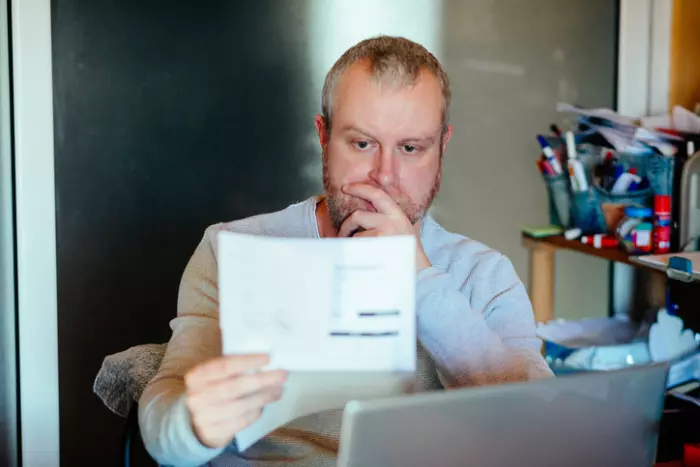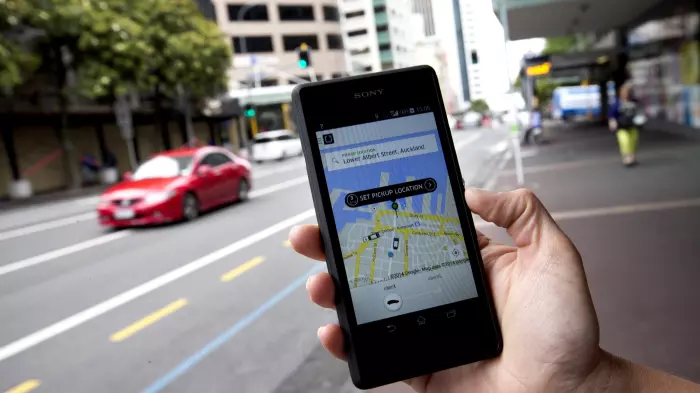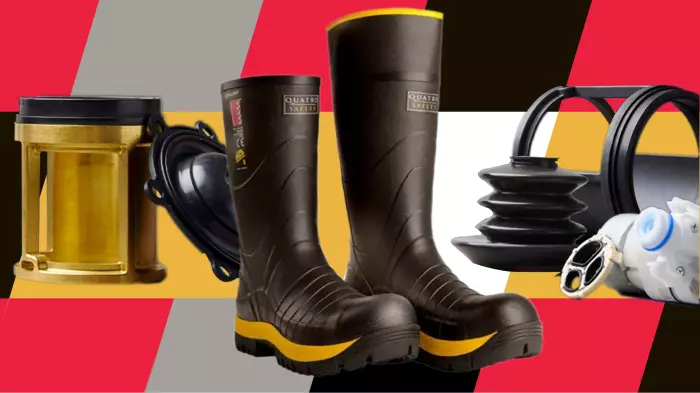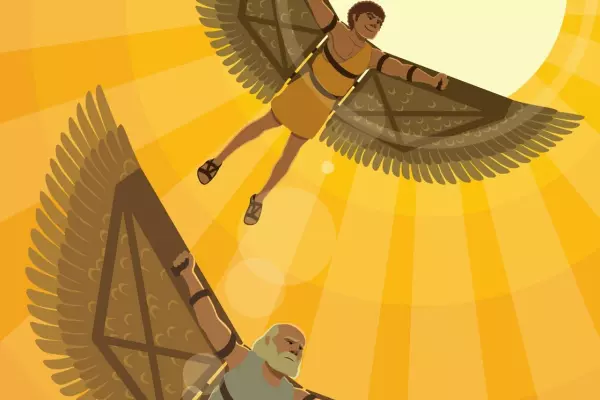BusinessDesk investments editor Frances Cook responds to emails from readers each week to answer questions about money. Below, you will find her expert advice. Send your own questions to [email protected].
Hey Frances,
I have recently been given some life-changing medical news which, although it isn't life-ending, will be life-changing.
Coupled with this is a financial opportunity. This medical situation triggers a trauma pay-out of (up to) $140,000 (not sure if it is in one lump sum, but let's imagine it is).
I currently have:
- A $600,000 principal and interest mortgage on an owner-occupied (OO) home valued at $1.1 million.
- A $550,000 mortgage IO (investor-occupied) and IP (investment property) value of $700,000.
- A $17,000 car loan (on the mortgage).
- $50,000 in KiwiSaver (not including my wife).
- $20,000 in shares.
This is unlikely to prevent me from working for some years to come, and therefore I plan to continue working. I am currently earning $125,000, plus my wife's salary of $95,000.
I am 32, my wife is 31, and we have two kids aged two years and three months.
I'm thinking in this current climate, my best option is to pay off the car loan and use the rest of the money to offset the mortgage on the owner-occupied house until interest rates come down and then look to move that money somewhere else (perhaps another investment property or shares).
I'm not interested in spending all this money on holidays and treats right away, as I am likely to have a good amount of time to live, and my main goal is to set my family up.
Thanks, look forward to hearing what you think.
C
Hi C,
You don’t say what the medical news is (which is entirely your right), so all I want to say is all the best, and I hope it goes OK for you.
From the tone of your letter, you sound at peace with it and remarkably pragmatic.
On to how this impacts your money situation.
You’re in a good position here to make some decisions. You’re still able to earn and have a decent income. You’ve been given the gift of time to plan and a lump sum to help you do it. You have some good assets already.
The medical news certainly isn’t ideal, but there is time for making the best of it, which is good.
Some of this will come down to mindset and what you want. Security for your family seems top of mind, and that’s fair enough.
You say that it won’t prevent you from working for some years to come, which hints that it will eventually stop you from working, creating some sort of early retirement situation.
Whether that’s five years from now – or 20 – might change things a bit. So, bear that in mind as you read my response.
You also say that your goal is to set your family up.
So, what I’m hearing is a requirement for security and then some sort of income. I’m basing my answer to you on that.
Paying off debt
You’re right that with interest rates higher at the moment, it’s hard to beat the financial payoff of getting rid of debt.
The share market can't reliably beat interest rates at 7% or sometimes higher.
If you put your payout into something like a revolving mortgage or an offset savings account, you get the benefits of saving that interest while still having the option to take it out later for other investments, as you mention.
Just beware of the temptation of having that money sitting there, and be sure that both you and your wife are committed to having it working hard for you.
Revolving and offset mortgages allow you to act as though a certain part of the mortgage is paid off while still giving you the ability to take it back out if you want without making a new application to the bank. In other words, they have the great benefit of flexibility.
That is also their great weakness.
Ensure that this windfall doesn’t get nibbled away by “we’ll dip into it just this once”.
If you've ever had issues with credit cards or other forms of debt, these strategies won't work.
If you haven't, they can work powerfully in your favour.
A pause
Another plus for the revolving mortgage strategy is that you're essentially parking your windfall and giving yourself time to make longer-term plans.
This is exactly what most experts recommend when you get a large lump sum all at once.
A large lump sum of money can do silly things to the human brain, even to those of us who are usually quite calm and rational. Those who think they're above that happening are the most likely of all to fall victim to it.
So, it's smart to put it somewhere safe and balance out the mortgage while giving yourself six months to a year to make longer-term plans.
It gives you time to adjust to the new reality, for emotion to fade away and for rational thinking to step into the picture.
You could use your income to aggressively attack that home mortgage to build on this win. Everyone's situation is different, but if you could live off one income (or close to it) for a while, the mortgage could be fully paid off in the next five to ten years.
That’s a big win for peace of mind because you’ve just wiped off a cost that soaks up 25% of the average New Zealander’s spending. That’s according to Statistics NZ, and let’s not forget that it’s an average, so for many people, that percentage will be much higher.
Not to be a doom merchant, but let’s say that your medical news unexpectedly turns for the worse, earlier than expected.
If you already have one of the biggest costs taken care of and a roof reliably over your family’s head, that’s a great comfort.
Creating income
Your KiwiSaver, investment property and shares can all be used to replace your income once you eventually stop working.
As you continue working, you’ll (hopefully) still contribute to KiwiSaver.
Your change in circumstances means you don’t have to wait until you hit 65 to withdraw it. Under the rules, you can withdraw your KiwiSaver investment if your health permanently affects your ability to work.
So, if you keep putting in 3%, getting the government contribution and employer match, that’s a nice nest egg you’re continuing to build up, ready for whenever you do need to step back from work.
Regarding whether you want to focus on shares or investment property after that, I think it’s time to talk to your wife about her plans and what she would like.
I need to connect a few dots, so forgive me if I misconnect some.
If your medical result means you need to stop working, it may also impact your ability to help with the kids or any investments you’ve taken on.
In that case, it’s important to consider how much time your wife will have and what type of investments will be easy for her to manage.
An investment property is quite a hands-on type of investment, needing you to be across many different regulations and available to tenants if something goes wrong. It can be quite time-consuming.
You can, of course, bring in a property manager, but that means paying them, which can eat into your income stream.
Something like a shares investment fund can be a bit lumpier regarding when you get the money paid out to you, but it is also more hands-off.
When you need to step back from work, your wife could end up working and looking after the kids and the investments.
So, it's a good plan to have a good sit-down about what she would like and how much time she thinks she’ll have. There's no wrong answer, only a requirement for honesty.
Invest in time
I understand that you mention not wanting to buy holidays and treats. Money is most powerful when we give it time to get to work for us, and so setting this plan in motion early will give you the most bang for your buck.
However, a note of caution to not be so focused on setting up your family and providing for their future that you forget to be in the present, too.
Your financial planning is a wonderful gift to them, and I’m sure you especially worry about your children. Every parent does, and you now have extra stresses in the mix.
But don’t forget to leave them the gift of memories with you, too – the hobbies you include them in, the life advice you give them in passing, a silly selfie of you hiking together (or maybe a brief walk while they're this young).
If this type of medical news will rob you of those things in the future, get them in now. Don’t wait.
I lost my gran in my early teenage years after having her as a big presence in my childhood.
I still smile sometimes when I remember admiring her lipstick as a little kid. She asked me if I wanted to try it on. I eagerly said yes, please, only to be outraged when she gave me a big kiss instead of letting me put on the lipstick itself.
This is now one of my most treasured memories, summing up her personality wonderfully.
It’s not something that could have been planned. It was simply a mundane part of the rhythm of our lives, happening because she was there, like comfy, cuddly wallpaper.
You don’t need big, flashy holidays for those moments, and I think your financial planning is right on track.
But maybe also include weekend getaways, some afternoons off work, or whatever else works for your family.
Kids tend not to understand the reasons why you’re sacrificing for them financially. It will mean something to them, but probably much later in life.
Banking those memories, which you simply can’t predict will mean something to them later, is just as important.
Send questions to [email protected] if you want to be featured in the column. Emails should be about 200 words, and we won't publish your name. Unfortunately, Frances is not able to respond to every email received or offer individual financial advice.
Information in this column is general in nature and should not be taken as individual financial advice. Frances Cook and BusinessDesk are not responsible for any loss a reader may suffer.














